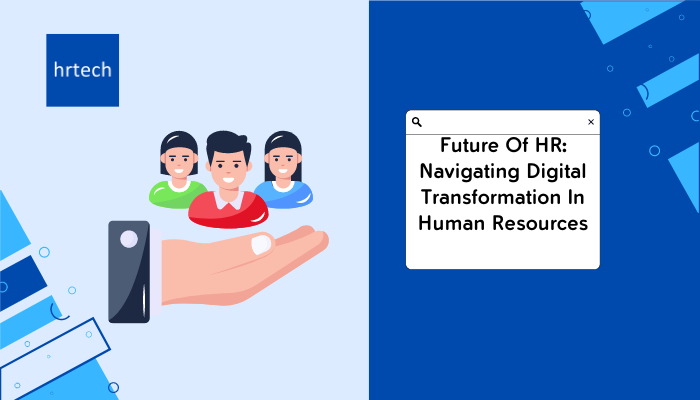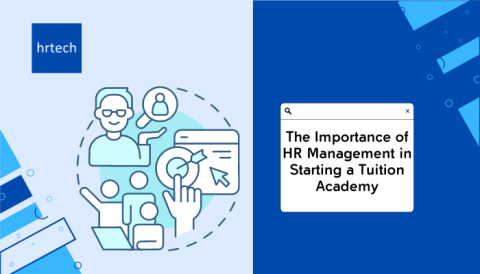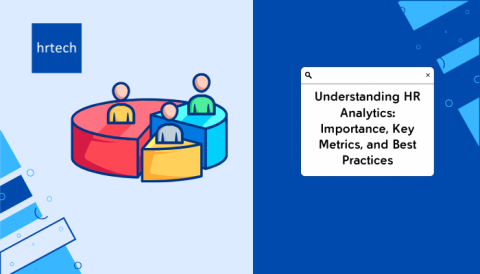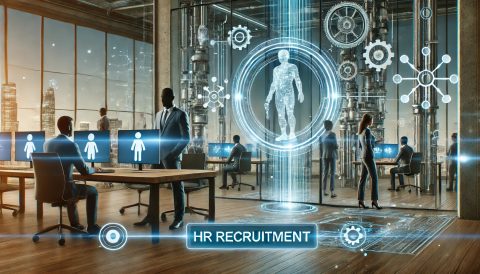Navigating the future of HR requires understanding the digital transformation human resources (HR) is undergoing. This shift brings technology to the forefront, aiming to improve efficiency, productivity, and employee happiness. By moving beyond traditional tasks, digital tools and analytics help create a better work environment.
Digital transformation in HR introduces tech like data analytics, chatbots, and onboarding software. These tools automate routine tasks, cutting down manual work and allowing HR to focus on strategic goals. They enable a proactive stance on workforce planning, making HR more adaptable and efficient.
Advantages Of Embracing Digital Transformation In HR:
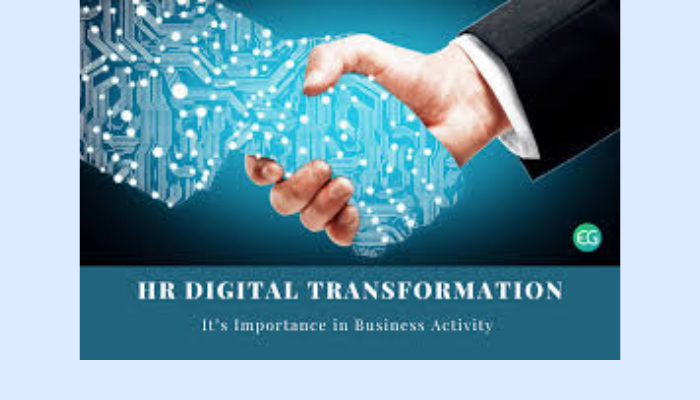
One of the standout benefits of digital transformation in human resources is streamlined operations. This means less manual work and fewer errors, leading to more accurate and timely decision-making. Real-time data and analytics play a big part, enhancing the decision-making process and employee engagement.
With digital transformation, HR can offer a more personalized employee experience. This leads to better engagement and retention, as employees feel valued and understood. The ability to move within the company easily is another plus, aligning employee aspirations with company needs.
Understanding The Motivation For HR’s Digital Shift:
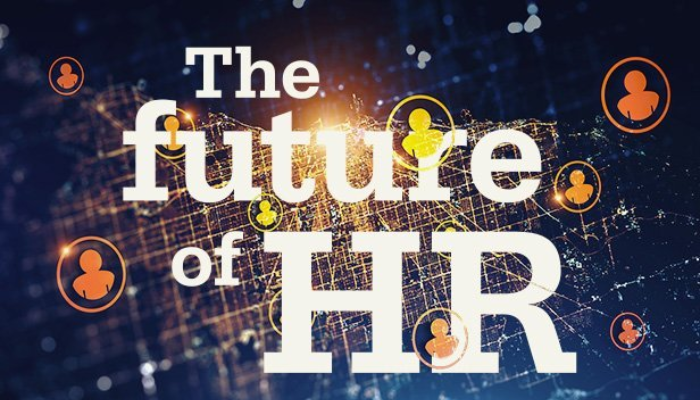
The motivation for HR’s digital shift comes from advances in AI, big data, and the shift towards remote work. These elements make HR more aligned with current trends, enhancing its role in the organization. Automation frees up time for HR to focus on strategic planning and employee engagement.
AI and automation streamline tasks such as candidate screening and performance management. This shift allows HR teams to dedicate more time to strategic initiatives and improving the workplace. It’s a significant step towards minimizing manual errors and enhancing efficiency.
Big data and analytics offer insights into employee behavior and workforce trends. This information helps HR make informed decisions and tailor strategies to better support the organization and its employees. It’s a powerful tool for forecasting and planning, ensuring HR remains ahead of the curve.
The rise of remote and hybrid work has made digital tools essential for maintaining team collaboration and communication. HR’s digital strategies support employees in these flexible working environments, ensuring productivity and satisfaction. It’s a crucial adaptation in today’s changing work landscape.
Key HR Sectors Impacted by Digitalization:
Digital transformation impacts several HR areas, including recruitment and training. Automation in recruitment makes the talent search more efficient and personalized. Meanwhile, digital platforms in training provide engaging, customized learning experiences, supporting personal and professional growth.
In performance and compensation management, digital tools offer precise tracking and fair assessment. This data-driven approach facilitates strategic decisions, highlighting the importance of digital transformation in evolving HR practices. It ensures fairness and transparency in employee evaluation and rewards.
Employee well-being has also become a focus area, with digital solutions to monitor and support health. This commitment boosts engagement, productivity, and retention, underlining the significant impact of digital transformation on HR. It shows how technology can enhance the support HR provides to employees.
Overcoming Obstacles in HR Digital Transformation
Overcoming obstacles is part of embracing digital transformation in human resources. Moving away from outdated practices and adopting new technology is a major hurdle. Companies need to invest in modern solutions and encourage everyone to see the benefits of this shift.
Securing buy-in from all levels is crucial for successful digital transformation in HR. HR departments must lead by demonstrating the advantages of new digital approaches. This involves showing how technology can improve work for everyone, from efficiency to job satisfaction.
Data security is a critical concern in digital transformation human resources. As HR moves online, protecting sensitive employee information becomes paramount. Businesses must implement strong security measures and adhere to data protection laws, ensuring the safety of employee data.
Conclusion:
Digital transformation in human resources is a journey towards a more efficient, engaging, and responsive HR department. With the help of AI, automation, and data analytics, HR is becoming a strategic partner in business success. These technologies are not just trends but essential tools for the future of HR.
Experts at the intersection of technology and HR are guiding companies through this transition. Recognizing the need for change, adapting to new work environments, and leveraging digital tools are key steps. This journey promises to reshape HR into a more dynamic and impactful function.
As we continue exploring digital transformation in human resources, upcoming articles will offer more insights and guidance. For anyone embarking on this path, staying informed and open to innovation is vital. This exciting expedition into digital HR promises to revolutionize the way we work and manage talent.
